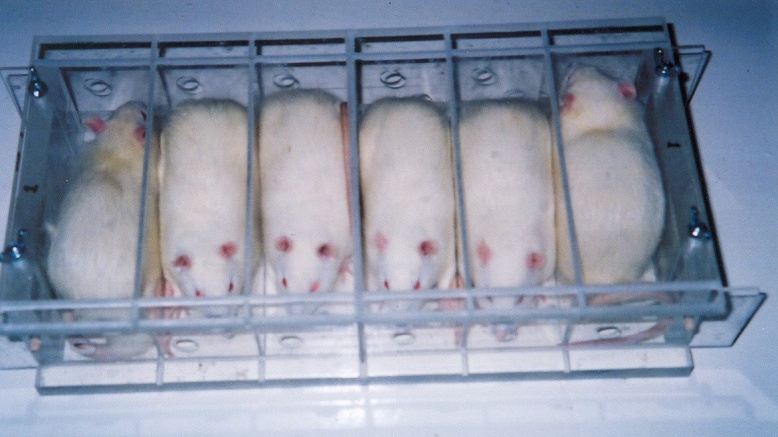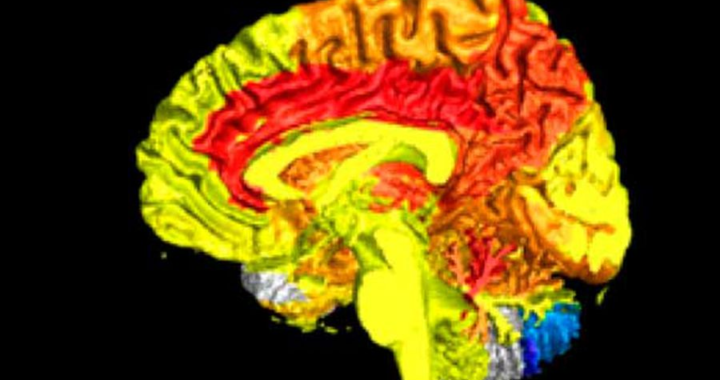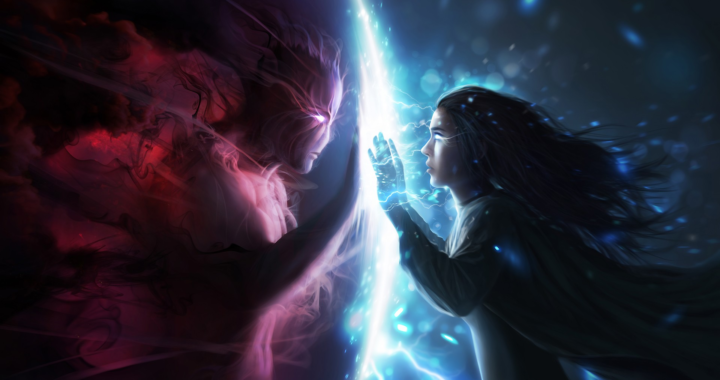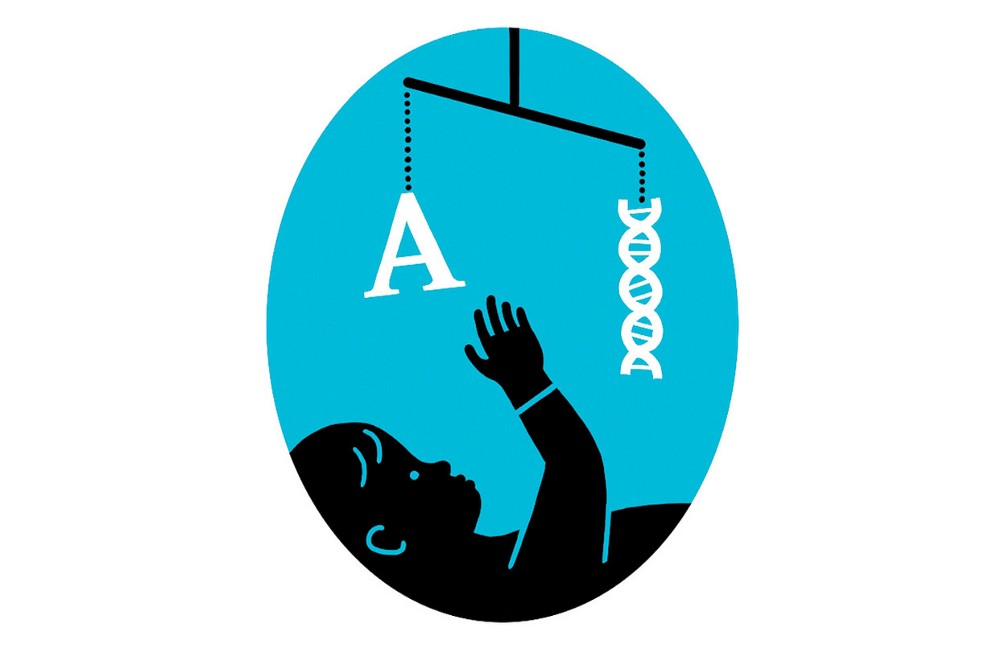In my travels I have met people of great intelligence. Many congregate in academia, but not as many as academics are wont to think. Sadly, I am often reminded after such encounters of a passage in Olaf Stapledon’s book Odd John. Odd John is “a story between jest and earnest” about a mutant boy of superior intelligence, how he made his way in the world, and how he went in search of his own kind and self-determined his own end. In one episode of his searches for fellow comrades, John stumbled upon a handicapped boy stewing a wicked brew of resentment…
Within the first five minutes of my visit he spotted me as different from the others. He got me telepathically. I got him too, but he shut his mind up immediately. Now you’d think that finding a kindred spirit for the first time ever would be an occasion for thanksgiving. But he didn’t take it that way at all. He evidently felt at once there wasn’t room for him and me together on the same planet.
Presently I began to ask myself what sort of a devil this baby Satan really was. Was he one of ‘us,’ or something quite different? But there was very little doubt in my mind, actually. Of course he was one of us, and probably a much mightier one than either J. J. or myself. But everything had gone wrong with him, from conception onwards. His body had failed him, and was tormenting him, and his mind was as crippled as his body, and his parents were quite unable to give him a fair chance. So the only self-expression possible to him was hate. And he had specialized in hate pretty thoroughly. But the oddest thing about it all was this. The further I got away from the experience, the more clearly it was borne in on me that his ecstasy of hate was really quite self-detached. He wasn’t hating for himself. He hated himself as much as me. He hated everything, including hate. And he hated it all with a sort of sacred fervour. And why? Because, as I begin to discover, there’s a sort of minute, blazing star of worship right down in the pit of his hell. He sees everything from the side of eternity just as clearly as I do, perhaps more clearly; but–how shall I put it?–he conceives his part in the picture to be the devil’s part, and he’s playing it with a combination of passion and detachment like a great artist, and for the glory of God, if you understand what I mean. And he’s right. It’s the only thing he can do, and he does it with style. I take off my hat to him, in spite of everything. But it’s pretty ghastly, really. Think of the life he’s living; just like an infant’s, and with his powers!
The Shadow of Oxytocin
The stereotypical pencil-necked ‘nerd’, who grew up in soft, comfortable environs, enviously living in the shadow of more socially-successful people, often fits this description. No self-authored person ever exhibits this attitude.
In the Middle Ages, clerics recognized a depression-related phenomenon called scrupulosity, suffered by Martin Luther and perhaps best exemplified by Jesuit founder St. Ignatius of Loyola:
After I have trodden upon a cross formed by two straws … there comes to me from without a thought that I have sinned … this is probably a scruple and temptation suggested by the enemy.
St. Ignatius of Loyola
It is not a coincidence that both the founder of Protestantism and the founder of the Jesuits suffered from scrupulosity and founded movements that became “left-wing”. This will be explored in a future article.
Such people in these times, thanks to the ample arsenal of rhetoric developed over the past hundred years, restyle their resentment as a perverse kind of altruism. This type of preacher situates themselves as selfless allies fighting oppressive systemic structures on behalf of fetishized oppressed communities. Alternating between self-loathing, envy, and inviting others to cathartically join in denunciations, the crybully goads retaliation and then plays the victim. Such people project their darkness as justice, embracing the role of the Hebrew satan (the accuser), whom the God of the Old Testament sent to test the worthiness of the supposedly faithful.
This is part of the shadow of oxytocin, the Spirit of Community.
The Shadow of Vasopressin
At another end is a smaller group tends to embrace some combination of an eschatological streetcorner preacher persona urging the repenting of sin before the end times, a late-19th century brand of evolutionary psychology, or various anti-establishment conspiracy theories. These people are known for their emotional unavailability and distaste for displays of vulnerability. These tend to flame out of academia and become lonely cranks, crying out in the desert, frustrated by their impotence in the world. Sometimes, they snap and go out in a blaze of glory, tragically often taking innocent others with them.
This is part of the shadow of vasopressin, the Spirit of Dominion.
These are both dark holes to avoid falling into. Basic healthy disciplines–exercise, diet, sleep hygiene, constructive creative activity, engaging with constructive people, and becoming galvanized to the acidic vapors of unhealthy people–go a long way towards keeping their own spirit clear of these tarpits.






